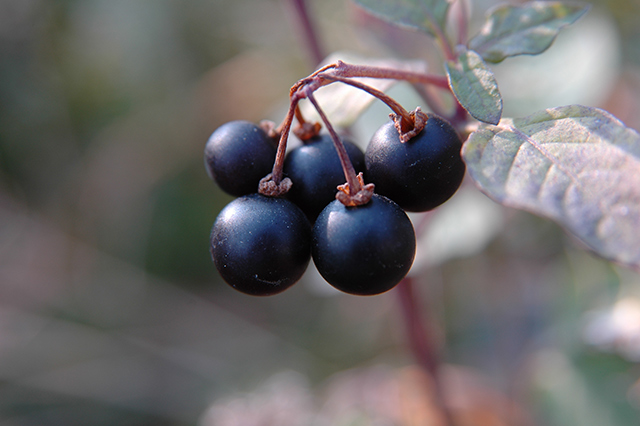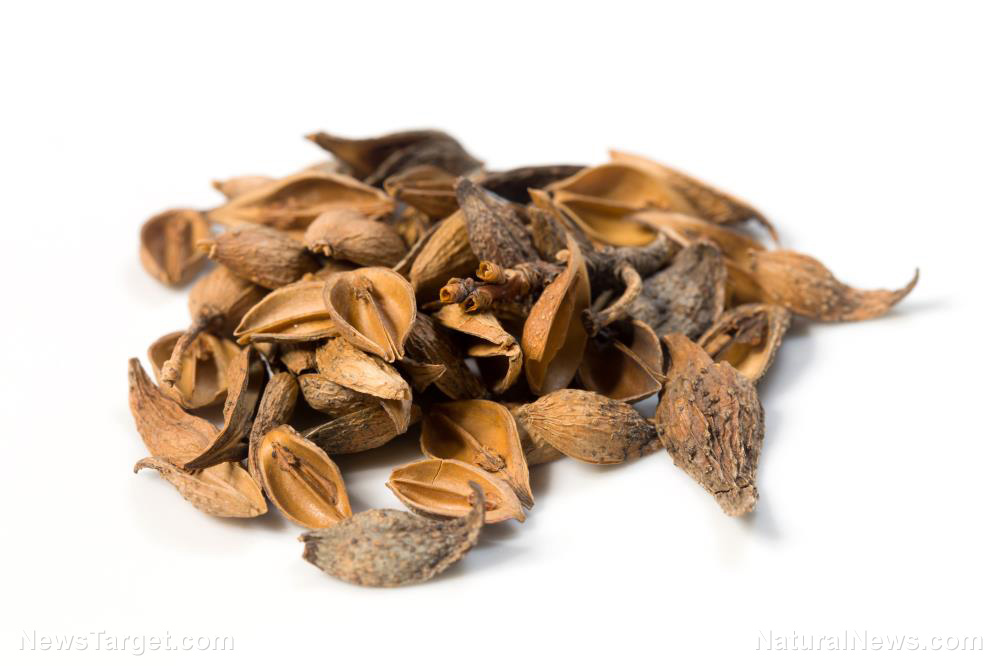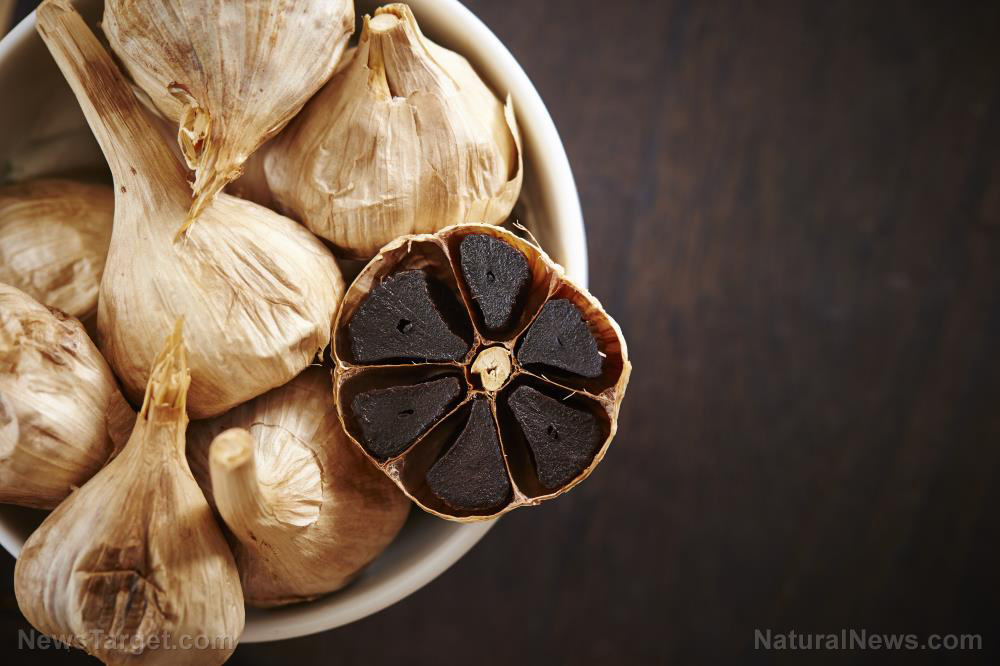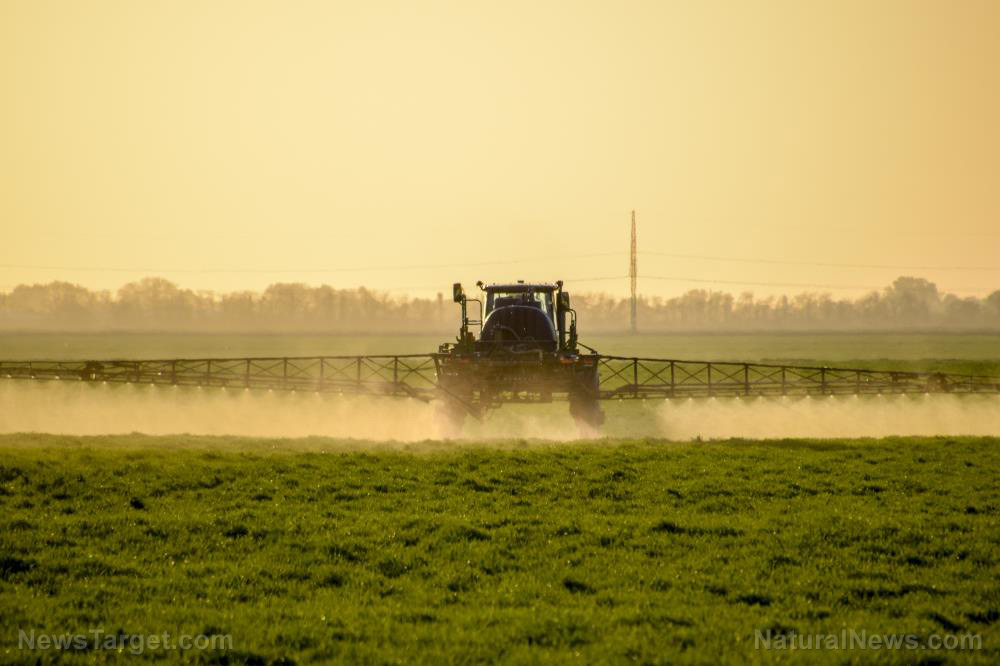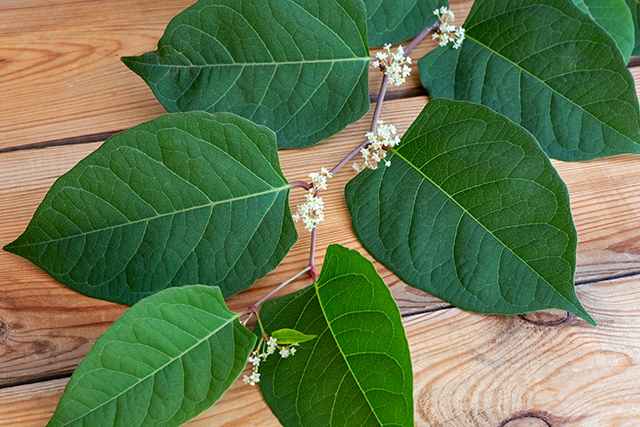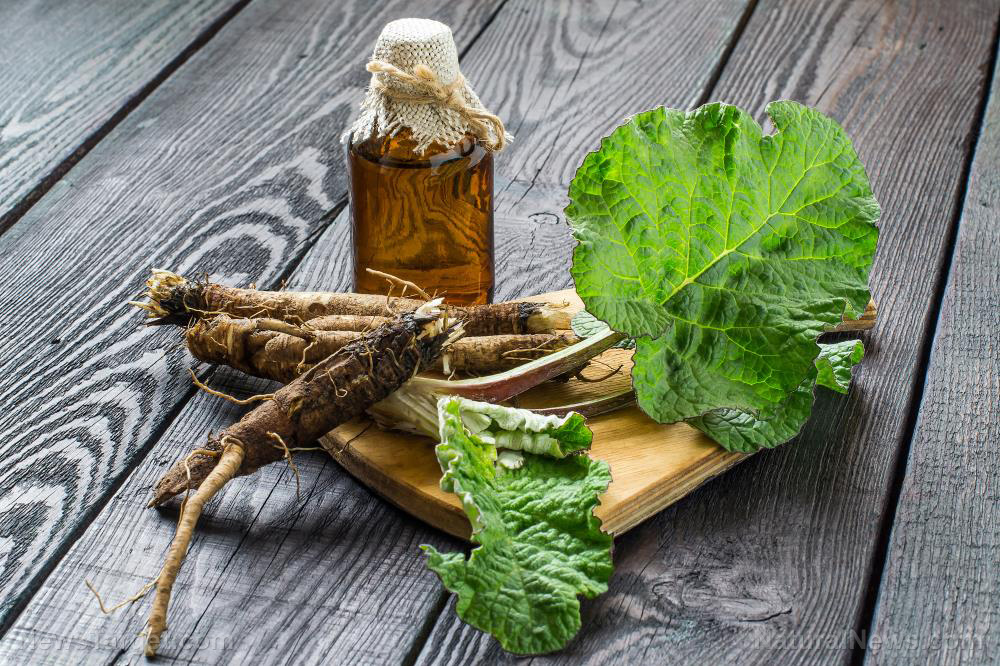Broccoli yogurt? Researchers found the concoction killed 75% of bowel cancer tumors in mice, raising hopes it can treat or prevent the disease in humans
01/23/2018 / By Michelle Simmons

Broccoli-based yogurt may seem weird, but it could be beneficial for your colon. New research suggested that the combination of yogurt and broccoli could be used to treat or even prevent colon cancer. The study was conducted by a team of researchers at the National University of Singapore.
In the study, a harmless bacteria called Escherichia coli Nissle, which is found in the gut, was engineered by professors and researchers Matthew Chang and Chun-Loong Ho. Then, they used genetic methods to develop the bacteria into a probiotic that attaches itself to the surface of the colon cancer cells and secretes an enzyme to convert a substance found in broccoli and other cruciferous vegetables into a powerful anti-cancer agent. Broccoli, a known superfood, possesses a cancer-fighting chemical called sulforane. On the other hand, yogurt has probiotics, which help maintain a natural balance of organisms in the gut. (Related: Broccoli delivers a one-two punch to prevent cancer development and progression.)
Results showed that the probiotic killed almost all colon cancer cells grown in a laboratory. In addition, the mixture of yogurt and broccoli eliminated 75 percent of the tumors in mice with colon cancer. These tumors were found to be three times smaller compared with the group that was not administered with the combination. However, the mixture was only found beneficial for colon cancer cells, but not on cells from other types of cancer, such as breast and stomach cancers.
“One exciting aspect of our strategy is that it just capitalizes on our lifestyle, potentially transforming our normal diet into a sustainable, low-cost therapeutic regimen,” Chang said.
The research team believes that broccoli-based yogurt can be used for cancer prevention and the elimination of remaining cancer cells after surgical removal of tumors. Moreover, the team hopes that people may be able to take probiotics as a dietary supplement together with their broccoli to fight colon cancer or decrease its risk of resurgence. The findings of the study were published in the journal Nature Biomedical Engineering.
More on colon cancer
Colon cancer, also known as colorectal cancer, is a type of cancer that starts in the colon or rectum, which are parts of the large intestine. When food is digested, it moves through the stomach and small intestine into the colon. In most cases, it starts as small, benign clumps of cells known as adenomatous polyps, and some of these turn into colon cancers over time. In the U.S., this type of cancer is the second leading cause of cancer-related deaths. The latest data from the Centers for Disease Control and Prevention (CDC) recorded that nearly 140,000 Americans were diagnosed with the disease, and 51,651 died due to the disease.
The chance of developing colon cancer is higher among older adults. In fact, more than 90 percent of colon cancer cases were found in people who are 50 years old or older. Other risk factors for this disease include having inflammatory bowel diseases, such as Crohn’s disease or ulcerative colitis, a family history of colon cancer or colorectal polyps, and a genetic syndrome, such as familial adenomatous polyposis (FAP) or Lynch syndrome.
The CDC suggests getting screened regularly for colorectal cancer because it does not always show symptoms, especially at its initial stage. If there are symptoms, they may include blood in or on your stool, stomach pain, aches, or cramps that do not go away, or sudden weight loss.
Read more stories on natural cancer treatments at CancerSolutions.news.
Sources include:
Tagged Under: broccoli, Colon, colon cancer, Colorectal Cancer, cruciferous, good bacteria, grocery, gut bacteria, probiotics, yogurt
RECENT NEWS & ARTICLES
COPYRIGHT © 2017 PREVENT CANCER NEWS



